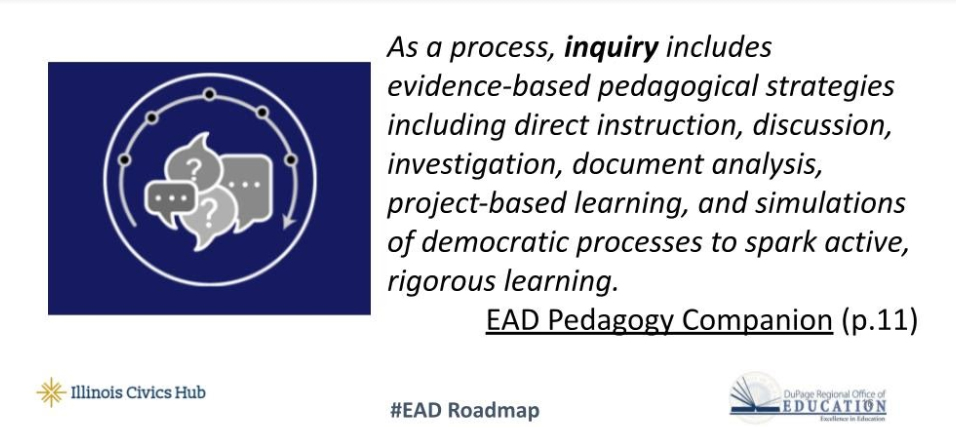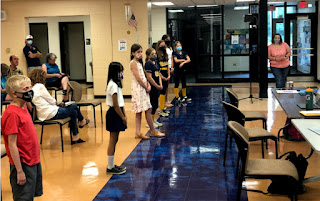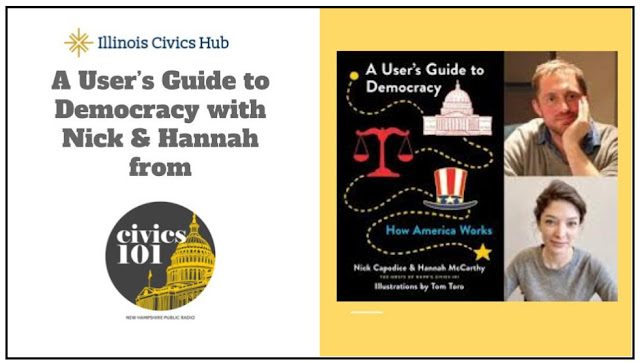by Mary Ellen Daneels, Civics Instructional Specialist All educators are civics educators. This year’s Illinois Democracy Schools webinar series illustrated that civics happens across the curriculum. We send implicit and explicit messages to students about power, identity and justice through how we engage student voice in creating norms, the content we curate for classroom use and the way we engage both students and faculty in exploring the intersections of civic learning, school climate, and vision and leadership. Whether students aspire to be a dancer , scientist, accountant, farmer, or plumber, all occupations are impacted and impact public policy. All students are members of their community with lived experiences that make them uniquely qualified to be counted among “we the people.” All sectors of society contribute to making a “more perfect union.” Jason Artman, an Illinois Civics Instructional Coach , and his colleague Aaron Sester from Mendota High School had their social s...














